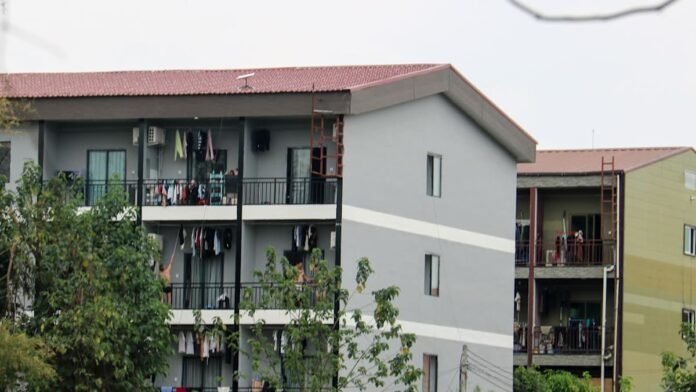Myanmar’s crackdown on online scam centres is still met with hungry growth. Even as police and cyber‑security teams step up raids, the bad actors keep finding new ways to stay online – largely thanks to Elon Musk’s Starlink satellite internet.
Why Starlink matters
Musk’s Starlink delivers high‑speed broadband from space, bypassing the country’s fault‑line internet. Scammers can lock down a remote base, plug in a Starlink modem, and operate nonstop, even when the local U‑biquitous network is throttled or blocked. Because the connection is not tied to a local ISP, police have a harder time cutting them off.
The scope of the scam problem
- Phishing & fraud sites: Many scam sites are hosted in Myanmar and target customers across Southeast Asia, the United States, and Europe.
- Money‑laundering hubs: Virtual currency exchanges are used to move proceeds from stolen credit‑card charges, identity theft, and ransomware.
- Click‑fraud farms: Payouts come from click‑advertising networks that have been quietly redirected into Myanmar’s black‑market setters.
Policymakers report dozens of raiders, but the underground economy remains resilient. In a 2024 UN report, 85% of known scam operations in Myanmar used satellite connections, with Starlink topping the list.
How the crackdown is progressing
The Myanmar government has started to arrest key figures in scam syndicates. In early 2025, a raid in Yangon seized hardware and server racks, revealing a sophisticated phishing platform that had duped over 30,000 victims worldwide. Cyber‑law officials told officials that the raids were just a “slice of the pie.” They are now coordinating with international partners to track payments and block the virtual wallets linked to the scam sites.
What this means for customers
- Stay alert: Don’t click on links from unknown sources—legitimate companies will never ask for your password or sensitive details via email.
- Verify sites: Look for the padlock icon and “https” in the URL.
- Use secure payment methods: Credit cards and reputable payment gateways carry fraud‑protection tools.
Why the scam centres are still booming
Despite manual take‑down efforts, many scam operators adjust quickly. They move their servers, change domain names, or migrate to new satellite broadband like Starlink. Each time law‑enforcement seizes a base, someone else sets up a new operation in a less‑watched corner of the country.
Looking ahead
Myanmar’s authorities are pledging a bigger push next year, with plans to:
- Strengthen cyber‑law enforcement training.
- Cut down satellite‑internet subsidies for suspect businesses.
- Work with global fintech regulators to trace illicit money flows.
Until then, consumers and businesses that rely on online transactions should stay vigilant, as the fight against spammy scam centres continues to evolve—often powered by Starlink’s ever‑available satellite connection.
Stay informed on all the latest news, real-time breaking news updates, and follow all the important headlines in world News on Latest NewsX. Follow us on social media Facebook, Twitter(X), Gettr and subscribe our Youtube Channel.



